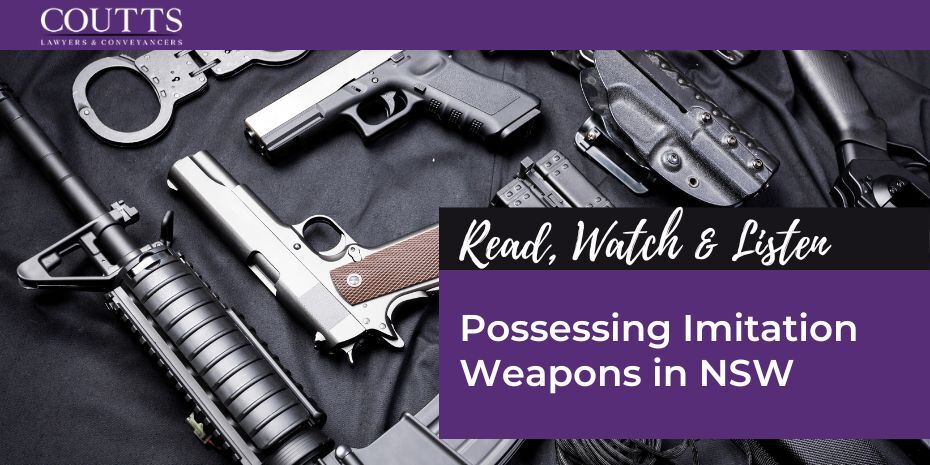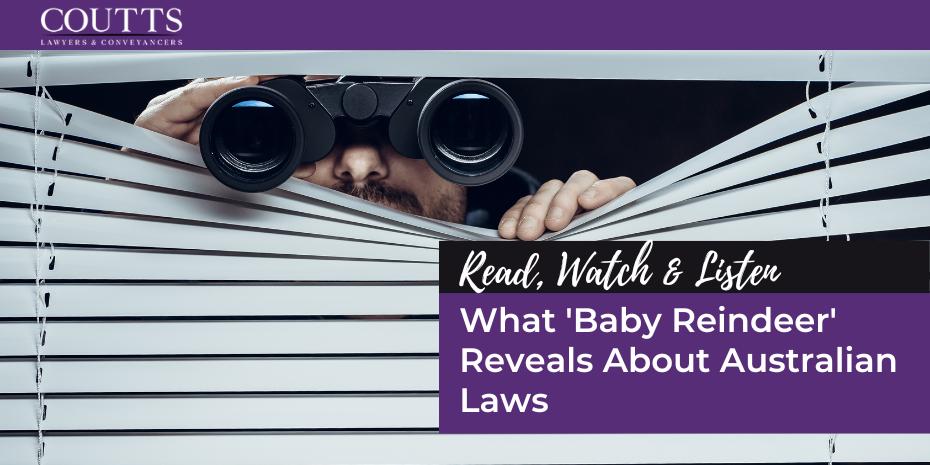KEY TAKE-OUTS:
- Assessment of cases from 2012 to 2019 has revealed that only 14% of child sexual abuse claims were believed to be true by Judges in the Family law system.
- This is attributed to a number of factors, including a lack of resources, restrictive resources and false accusations, according to the report.
- Change is evidently needed to prevent more children from slipping through the cracks of the justice system.
Researchers Nola Webb, Bruce Smyth, Dr Moloney and Robyn Murphy launched a research project following the increasing reports by mothers that allegations were not taken seriously, and in a lot of cases dismissed. Following the analysis of child sexual abuse cases from 2012 to 2019, in only 14 per cent of contested cases, judicial officers expressed a direct belief that allegations of child abuse were true. These cases are often a matter of the child’s word against an adult’s and carry heavy consequences of either believing or not believing the child.
Researchers have released the findings of the report in a bid to prompt a discussion around whether or not Australia’s legal system is equipped to deal with these types of allegations. The findings are perpetuated by a number of issues, including lack of judicial resources, restrictive processes, and the problem of false accusations.
Lack of Resources
It is abundantly evident that more resources are needed in many aspects of the Family Court, but particularly in relation to child sex abuse claims. The jurisdiction of the Family Court is limited and while it can take into consideration allegations and substantiating evidence when determining matters before them, they have no independent investigatory capacity. Further, evidence is usually already ambiguous in these types of cases, often due to the children’s young age and the private nature of the offences.
The report highlights the agonizingly difficult nature of child sex abuse allegations for legal professionals and the families involved. However, it argues that the process would be eased with greater resources and funding from the government. Law professor Patrick Parkinson from the University of Queensland states that the government could improve this issue by imposing “a system where the government pays for the investigation just as the states pay for child protection investigations in the state system.” This increase in funding may help expand the resources available to investigate these cases.
Processes
Typically, a single expert is appointed to assist in determining the outcome of the matter, who is appointed on the recommendation and agreement of the parties and the Independent Children’s Lawyer. According to the report, roughly two-thirds of people who could be referred to as allegedly unsafe parents had the time that they spent with their children increased by the court due to the difficulties in determining whether the accusations are true or false. Alarmingly this means that there are potential victims of child sexual assault not only not protected, but now spending more time with their abuser.
Professor Young from Murdoch School of Law and Criminology in Perth describes outcomes to be on a spectrum. On one end of the scale, some allegations look to be false. On the other end, there are cases with clear evidence. However, the middle is a large grey area that holds uncertainty on what actually happened, and, in these cases, there is usually no finding of abuse. In that grey area, it is ‘very likely … the contact with the alleged abuser will in fact increase’.
The report proposes an option to combat this issue. It suggests a triage process where two or three experts assess the case and discuss their conclusions, rather than just relying heavily on the views of one person. This will also reduce legal costs as heavy reliance on independent experts can be extremely costly. This proposition ultimately hopes to better assess cases in that problematic grey area, and therefore protect children who may be slipping through the cracks.
False Accusations
Just under half of the sexual abuse allegations were regarded by judges to be genuinely believed by the parent alleging abuse but were believed to be mistaken by the court. A huge 25 per cent of allegations in contested cases were found to be deliberately misleading by the accuser. However, these are dealt with adequately and can affect the amount of contact the accuser has with the child.
However, ultimately, the number of false allegations of child sexual abuse is lower than the number of children who do not disclose such abuse or who lie by saying that it did not occur. Research has shown that only one-third of children who have been sexually victimized will reveal the abuse.
Conclusion
Allegations of family violence, including child sexual abuse, are frequently raised but also denied in family law proceedings. It appears as though the Courts have difficulty in determining false accusations from true incidences of abuse. It is imperative that this is rectified in order to highlight the victims who have been, and may in future, slip through the cracks.
Contact Coutts today.
This blog is merely general and non-specific information on the subject matter and is not and should not be considered or relied on as legal advice. Coutts is not responsible for any cost, expense, loss or liability whatsoever to this blog, including all or any reliance on this blog or use or application of this blog by you.



